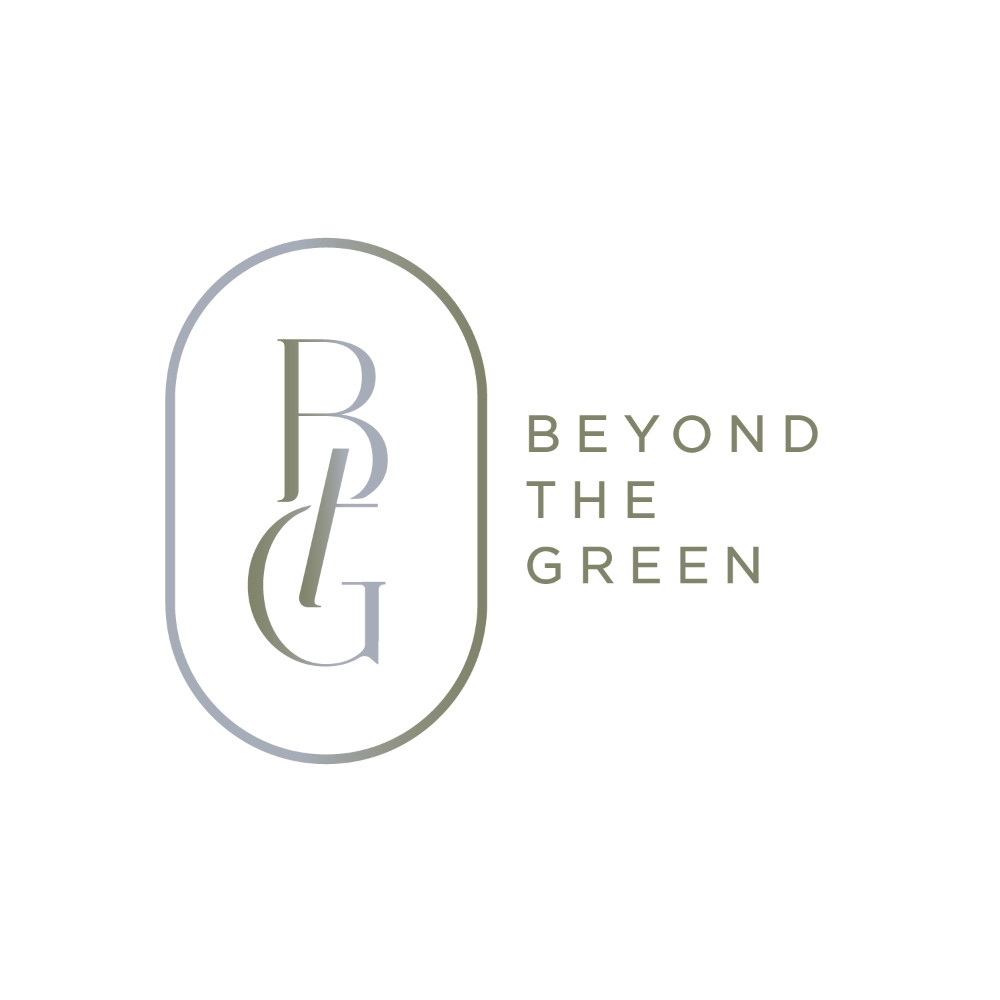How Do Interest Rate Cuts Affect My Savings Accounts?
Sep 25, 2024
Interest Rate Cuts + Savings Accounts
When the Federal Reserve—or any central bank—decides to cut interest rates, it’s their way of throwing fuel on the fire to get things moving. By making it cheaper for businesses and individuals to borrow money, the goal is simple: get more people to take out loans, make investments, and spend money to push the economy forward. It’s like opening the floodgates and telling everyone, "Now’s the time to play bigger and put your money to work."
But while lower interest rates can be good for borrowers, they have a different impact on savings, particularly when it comes to high-yield savings accounts, certificates of deposit (CDs), and treasury bonds.
The Connection Between Interest Rates and Your HYSA
When you put money into a savings account, the bank doesn’t just let it sit there—they lend it out to others; for example, people or companies taking out loans. The interest rates banks offer on your HYSA depend on how much they can earn from lending out that money. So, when banks make less from loans (because of lower interest rates), they also lower the rates they pay you on your savings. Essentially, if they’re making less, they’re paying you less.
Real talk: you’ve probably already noticed a dip in your HYSA interest rate—and here’s why. Banks get a heads-up on rate cuts before the public does, and they act fast. If they kept offering those juicy interest rates after the Fed dropped theirs, they’d be losing money. Plain and simple, they’re not in the business of losing. So, when the Fed cuts interest rates, banks adjust theirs almost immediately to protect their bottom line. That’s why your high-yield savings account might not be delivering the returns you’ve been used to seeing over the past few years.
CDs and Interest Rate Cuts
Quick recap: a Certificate of Deposit (CD) is a type of savings account where you agree to lock in your money for a set period (like 6 months, a year, or more) in exchange for a guaranteed interest rate.
Here’s a piece of info that might sting a little: the best time to lock in a CD was when the Fed first announced they were looking at lowering rates. But don’t beat yourself up—this isn’t a missed opportunity; it’s a lesson. Rates will drop and rise again, and next time, you’ll be ready.
Here’s the key with CDs: they’re basically a bet that by the time your rate is locked in and the term ends, interest rates will be lower than what you secured. CDs are more than just a safe savings tool—they give you insight into market trends, helping you understand where the economy might be headed. So, when you use CDs strategically, they become a tool not just for savings, but for keeping a pulse on the economy.
Mastering the Ups and Downs: Tools for Navigating Economic Changes
It’s important to recognize that fluctuations in interest rates are normal. As rates rise and fall, your HYSA and CD returns will also shift—sometimes significantly. We can talk money all day long, but what's really important here is how this is impacting your emotions. Money has a powerful effect on our emotional state, and interest rate cuts or slower growth can trigger feelings of fear, uncertainty, or even frustration.
Just like your financial plan helps you build the life you envision, managing your emotions when the economy shifts is part of staying in control of your journey. When big changes hit—like interest rate cuts—your emotions can either drive your decisions or derail them. The key is tuning in and managing those feelings so they don’t throw you off course. Here are three ways to move through those big emotions with ease and keep showing up powerfully for yourself:
- Acknowledge Your Feelings Without Judgment
When you notice that a rate cut or financial shift is stirring up feelings, take a moment to acknowledge those feelings without judging yourself. It’s normal to feel uneasy when the future feels uncertain, but naming what you’re feeling can help you regain a sense of control. Try saying, “I’m feeling anxious about this rate cut, and that’s okay.” Simply acknowledging the emotion can start the process of calming your mind. - Focus on What You Can Control
One of the most effective ways to regulate your emotions is by shifting your focus to what’s within your control. You can’t control the Federal Reserve or the economy, but you can control how you manage your money and your mindset. Remind yourself that economic fluctuations are temporary, and take this as an opportunity to revisit your financial goals. Having a team in place can also reduce the emotional charge of external changes;

- Build an emotional tool kit and tap into your resources
When financial news triggers a strong emotional reaction, it’s important to take a moment and remember the resources, tools, and people around you that can help you regulate your nervous system. This could look like budgeting, scheduling a call with your financial coach, or practicing deep breathing exercises. The goal here is to regulate your nervous system before taking any action, so you’ll be in a clear mental space to make thoughtful decisions about your financial future.
In the end, economic changes are inevitable, but your emotional well-being doesn’t have to be a casualty of them. Our goal is to help you get ahead of financial trends.
Beyond The Basics: Our Glossary Of Financial Terms
We define the lingo you'll need to become a finance expert!
We hate SPAM. We will never sell your information, for any reason.



